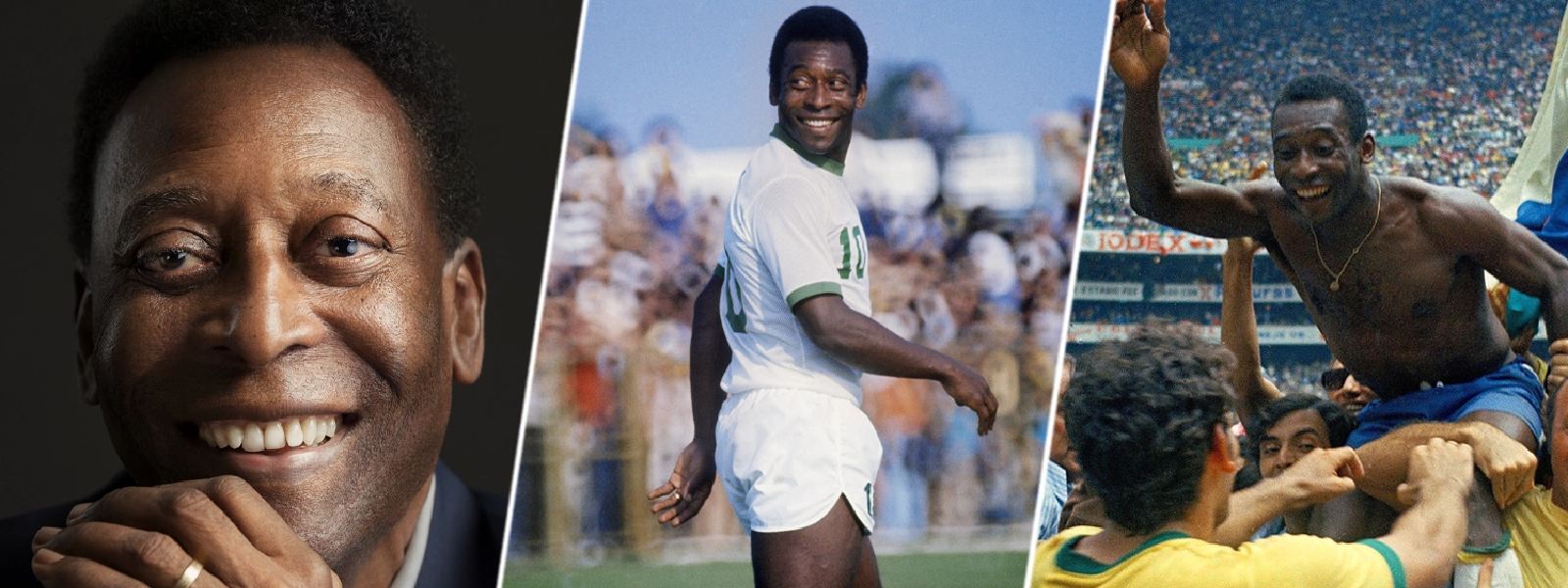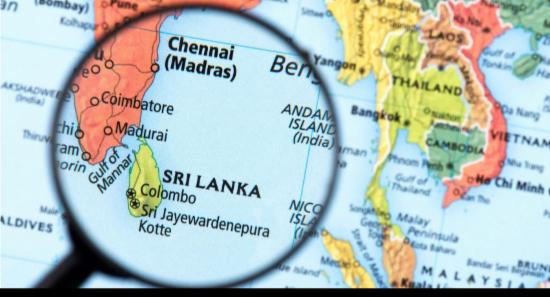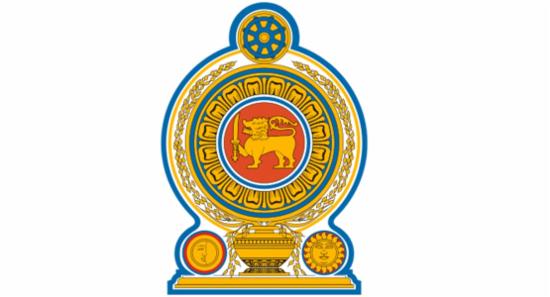.webp)

Brazilian football legend Pelé dies at 82
Pelé, the Brazilian soccer legend who won three World Cups and became the sport’s first global icon, has died at the age of 82.
“Everything that we are, is thanks to you,” his daughter Kely Nascimento wrote in a post on Instagram, under an image of family members holding Pele’s hands. “We love you infinitely. Rest in peace.”
Pelé was admitted to a hospital in São Paulo in late November for a respiratory infection and for complications related to colon cancer. Last week, the hospital said his health had worsened as his cancer progressed. He died on Thursday from multiple organ failure due to the progression of colon cancer, according to a statement from Albert Einstein Hospital.
Brazil’s joint all-time record scorer won three World Cups as a player, in 1958, 1962 and 1970, over a 14-year international career that included 77 goals in 92 appearances for his country. Nicknamed “the Black Pearl” and “the King”, Pelé was one of only three players to have scored in four World Cups. In 1,363 games, he scored 1,281 goals, at the time of his retirement in 1977 more than twice as many as his nearest challenger.
It was the 1970 World Cup triumph for which he will be best celebrated, the linchpin of a beguiling team that included Carlos Alberto, Jairzinho, Gérson, Tostão and Rivelino that swept through Mexico, his canary yellow No 10 shirt becoming an icon of the sport.
For more than 60 years, the name Pelé has been synonymous with soccer. He played in four World Cups and is the only player in history to win three, but his legacy stretched far beyond his trophy haul and remarkable goal-scoring record.
Outside the Albert Einstein hospital in São Paulo, fans started gathering when they heard the news of Pele passing. Some were dressed in the number 10 shirt Pele wore when playing for Santos. Outside a banner had been draped that read "Eternal King Pele".
President-elect, Luiz Inacio Lula da Silva, who is due to be sworn in on Sunday, said he had had the privilege of seeing Pele play, although he added it wasn't merely "playing", it was a "show".
He was a footballer that stayed very Brazilian, playing for Santos for many years rather than playing for clubs abroad. In fact, president Janio Quadros in 1961 even declared him a national treasure, which meant for years he couldn't be "exported" to play for clubs abroad, such was his hero status and importance for national pride.
The greatest footballer of all time has now gone, but his memory here in Brazil will remain forever.
Other Articles
Featured News





.png )

-778820_550x300.jpg)



-778701_550x300.jpg)


-722285-778677_550x300.jpg)












.webp)






